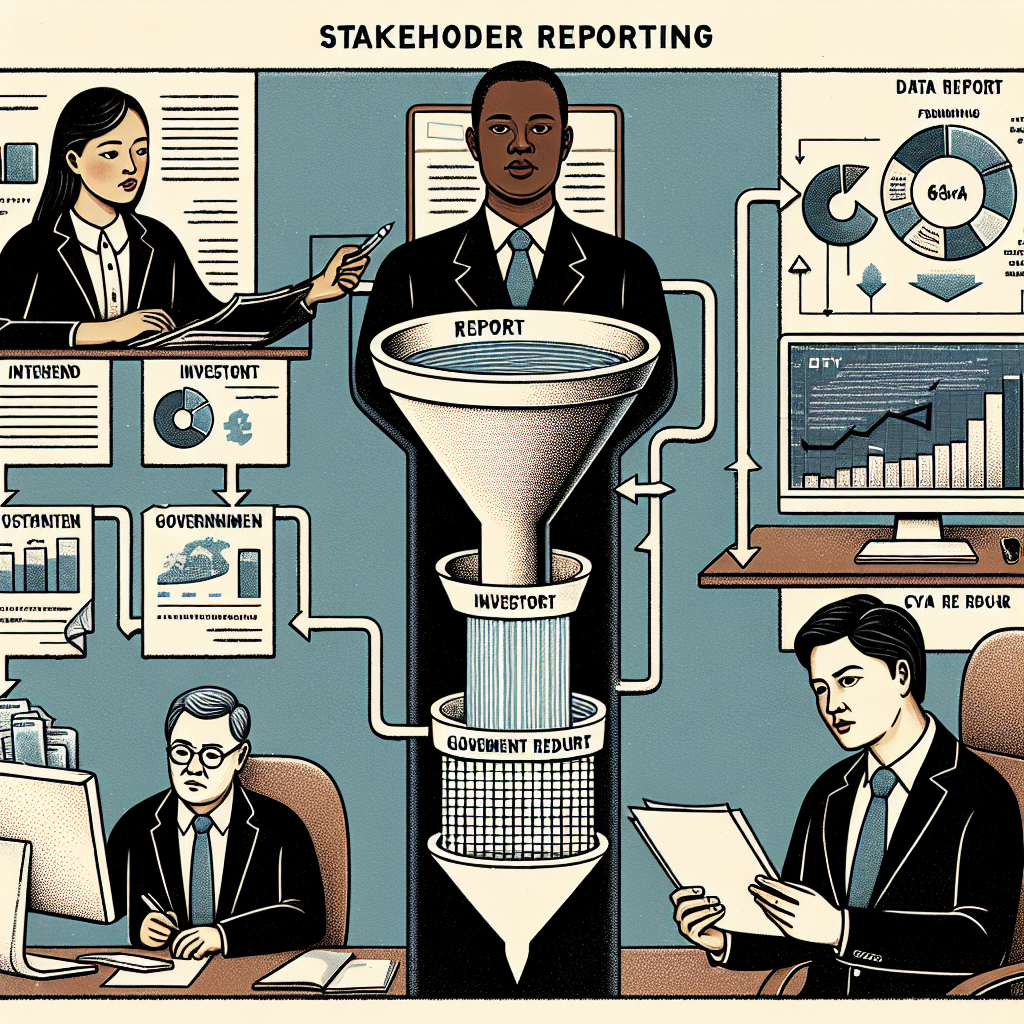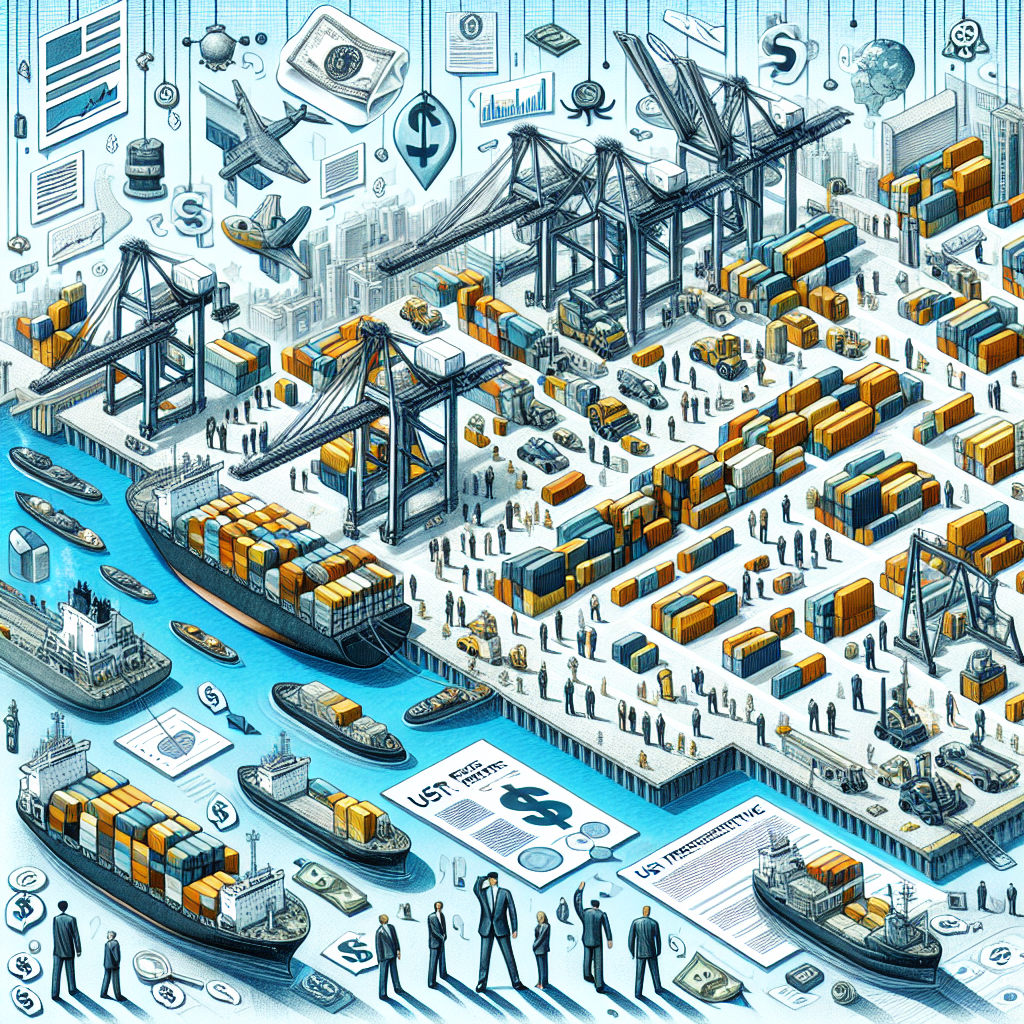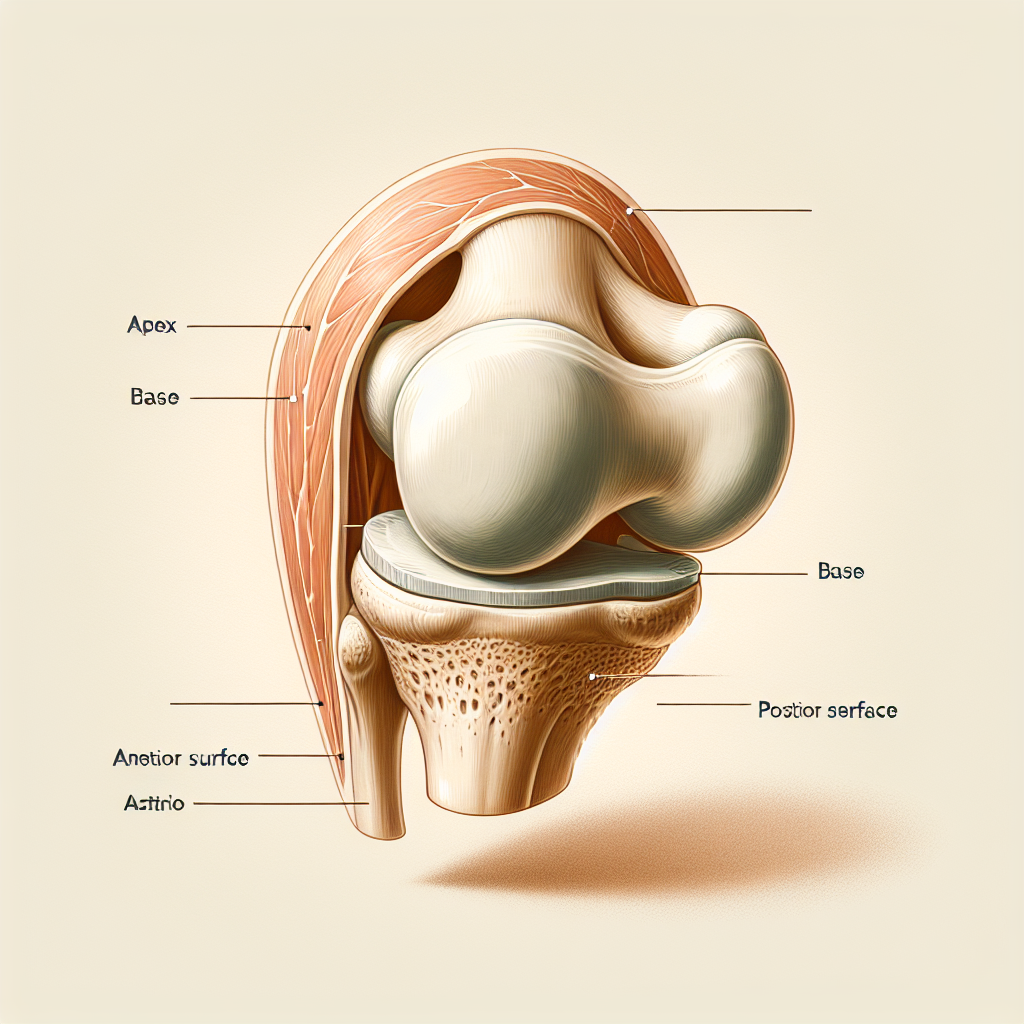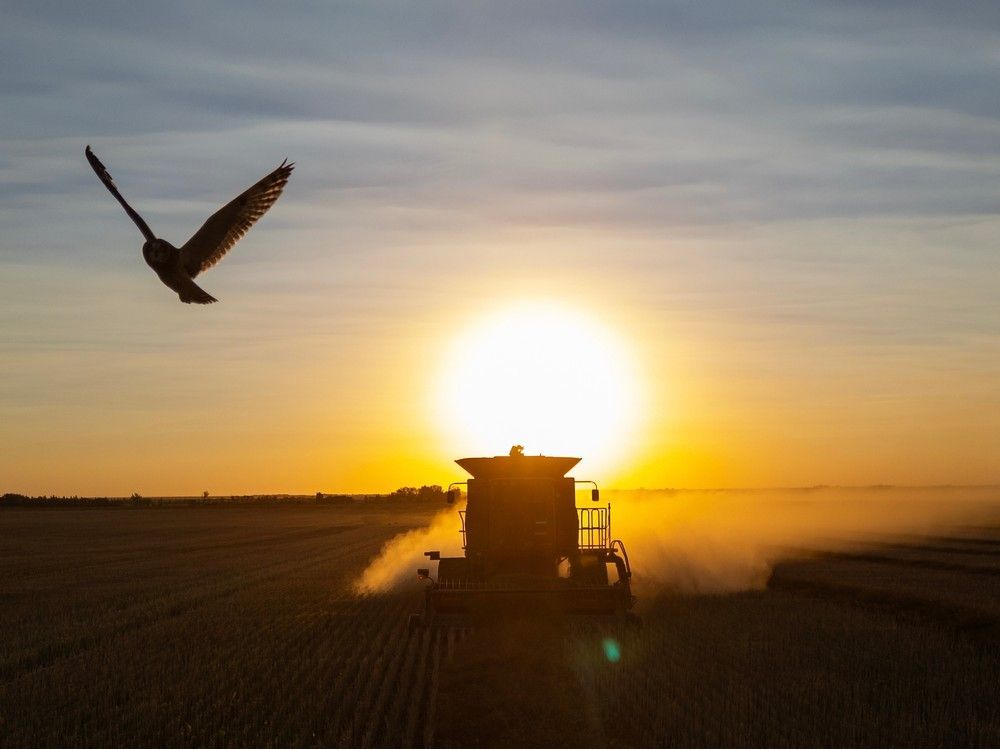The 2025 federal election will go down as one of the most divisive and dramatic in generations. At the same time, it was possibly the most consequential vote in our nation’s history, with repercussions that will last decades from now. Read this article for free: Already have an account? As we navigate through unprecedented times, our journalists are working harder than ever to bring you the latest local updates to keep you safe and informed.
Now, more than ever, we need your support. Starting at $15.99 plus taxes every four weeks you can access your Brandon Sun online and full access to all content as it appears on our website.

or call circulation directly at (204) 727-0527. Your pledge helps to ensure we provide the news that matters most to your community! To continue reading, please subscribe: *$1 will be added to your next bill. After your 4 weeks access is complete your rate will increase by $4.
99 a X percent off the regular rate. The 2025 federal election will go down as one of the most divisive and dramatic in generations. At the same time, it was possibly the most consequential vote in our nation’s history, with repercussions that will last decades from now.
Read unlimited articles for free today: Already have an account? Opinion The 2025 federal election will go down as one of the most divisive and dramatic in generations. At the same time, it was possibly the most consequential vote in our nation’s history, with repercussions that will last decades from now. In a country that is all too often fractured along both party and regional lines, Canadians across the country decided that this election essentially came down to a binary choice — do the Liberals deserve yet another term in office, or is it “time for a change?” It’s worth noting that votes were still being counted by press time, but a Liberal minority government appeared to be the likely outcome, although even that remained uncertain.
Although the Pierre Poilievre campaign outpaced the popular vote share of Stephen Harper’s only majority government electoral win, he fell short of the victory promise offered by months of national poll results that appeared to show a Tory majority in the bag. A new face for the Liberals — even one as celebrated as acclaimed economist Mark Carney — was not enough to give the Liberals what more recent polls had hinted at: a strong majority. Yet it’s also fair to say that the loss of Justin Trudeau as a campaign foil sapped much of the impact of Poilievre’s campaign sloganeering.
That, combined with ongoing election campaign interference by U.S. President Donald Trump and his administration, did much to harm the Tory campaign, even before the election was called.
As a result, a Liberal minority merely ensures that the drama and discord that occurred in the previous Parliament will likely continue apace. In fact, it may even be more tenuous for the Liberal Party with the Bloc Québécois potentially holding the balance of power, and the NDP seat count severely reduced. That could be a disaster for Canada itself, even as we face an economic and existential threat from Donald Trump’s America.
A minority government distracted by domestic politics and potentially at the mercy of a separatist party in Quebec will have a difficult time focusing its attention and energy on the many pressing challenges facing Canada at this critical time in our existence. The list of those challenges is long, beginning with the need for a revised relationship with the United States that reflects the reality that our neighbour to the south is no longer the reliable, trustworthy friend and ally that it once was. With his oft-repeated threat to annex Canada and make it the 51st state, his unjustified tariffs that target key sectors of the Canadian economy, and his false accusations that Canada is a major source of fentanyl and other illicit drugs entering the U.
S., Trump has done tremendous harm to the peaceful and productive friendship that existed between our two countries for almost two centuries. Carney campaigned on the bold assertion that he was the best choice among the various party leaders to stand up to the erratic, vexatious conduct of Trump.
He must now deliver on that promise in a timely fashion within a highly charged partisan atmosphere. Thousands of Canadians are out of work because of the reckless trade and tariff actions of Trump, and many more are at risk of losing their jobs. Many Canadians are already carrying record amounts of personal debt and are struggling to shoulder the cost of feeding and housing their families.
Investment in Canadian businesses has drawn to a near-halt because of the economic uncertainty caused by Trump, while at least a few Canadian businesses are considering relocating to the U.S. to avoid the crippling tariffs and taxes.
Throughout the election campaign, Carney emphasized that Canada must reduce its trading reliance on America and must build and improve its trade relationships with other more-reliable nations across the globe. Such steps will make the nation less vulnerable to the actions of the U.S.
government, but it is unrealistic to believe, or even hope, that such an objective can be quickly achieved. In the interim, the Carney government must move quickly to re-negotiate the Canada-U.S.
-Mexico free trade agreement that currently exists between the three nations, on terms that protect Canadian interests. Though we must accept the reality our geographic proximity to the U.S.
means that we will also have some sort of trading relationship with that nation, any new or revised agreement must be binding, enforceable and beneficial to all parties to that agreement. The new government must also seek clarity regarding our national security arrangements with America and, in particular, the future of NATO and NORAD. Given recent remarks by Trump and some members of his administration regarding America’s potential annexation of Canada and invasion of Greenland, it is far from clear that Canada can rely on America to adhere to its mutual-defence obligations under the NATO treaty.
If that is the case, then NATO no longer really exists as a viable military organization and Carney must immediately work with its other allies to create a new international security alliance. Carney and his team needed a genuine national mandate to begin the necessary steps aimed at making Canada stronger and more self-reliant. That work includes the elimination of inter-provincial trade barriers, concrete steps to address the housing crisis, the creation of an east-west energy corridor and improving the productivity of the nation’s work force.
Canadians have placed but a tepid trust in Carney and his Liberal colleagues to address these challenges, and to accomplish the best possible results for Canada and Canadians. That work certainly won’t be easy. Yet it begins today.
Advertisement Advertisement.
















